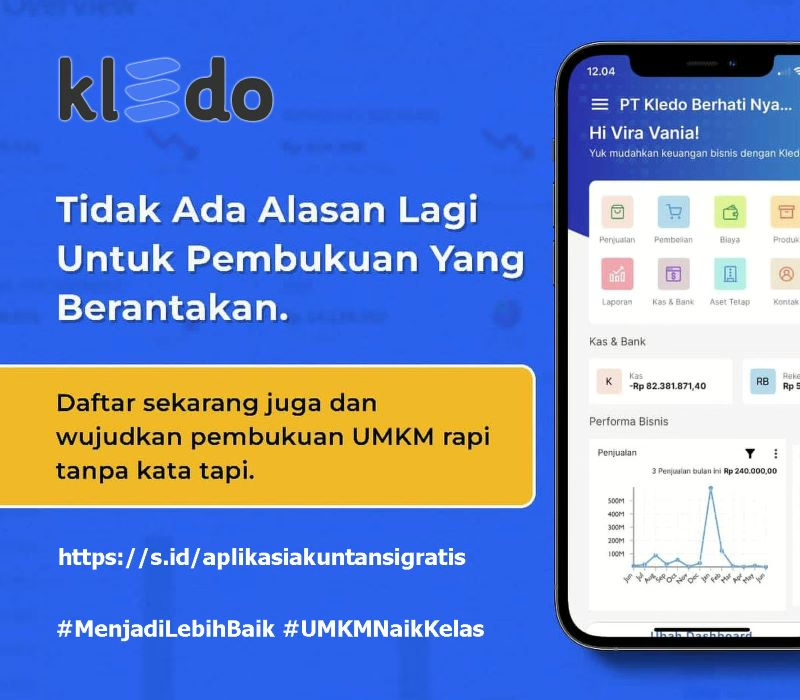Maximizing Revenue with Google AdSense Ad Keywords: Expert Insights
Google AdSense is a popular advertising platform that allows website owners and online publishers to monetize their content by displaying targeted ads. To make the most of your AdSense revenue, understanding how to effectively use ad keywords is crucial.
Google AdSense Ad Keywords
Google AdSense ad Keywords play a pivotal role in determining the relevance of ads displayed on your website. By carefully selecting keywords that align with your content, you can attract advertisers whose ads are more likely to engage your audience. The right keywords increase the chances of displaying relevant ads, improving click-through rates (CTR), and ultimately boosting your revenue.
Conducting Keyword Research
Before selecting ad keywords, thorough keyword research is essential. Use tools like Google Keyword Planner or other third-party platforms to identify high-performing keywords that align with your website’s content. Focus on long-tail keywords that are specific and have less competition, as they can attract more targeted ads and potentially higher click rates.
Relevant and Niche-Specific Keywords
Using relevant and niche-specific keywords is key to attracting ads that resonate with your audience. By targeting specific topics within your website’s niche, you can increase the chances of displaying ads that are more likely to generate clicks.
For example, if you have a blog about organic gardening, using keywords like “organic gardening tips” or “sustainable gardening practices” will attract ads related to these topics.
Incorporating Long-Tail Keywords
Long-tail keywords are longer, more specific phrases that are less competitive but often carry higher conversion potential. By incorporating long-tail keywords into your content and ad units, you can attract advertisers offering products or services directly related to those specific phrases. Long-tail keywords tend to have higher conversion rates as they target users with a more specific intent.
Understanding Advertiser Preferences
Understanding the preferences of potential advertisers can help you optimize your ad keywords. Advertisers often have specific target audiences, and aligning your keywords with their preferences can increase the likelihood of displaying ads that match their criteria. Research the types of products or services advertisers within your niche are promoting and tailor your ad keywords accordingly.
Testing and Optimizing
Google AdSense offers A/B testing features that allow you to experiment with different ad formats and keyword combinations. By continuously testing and optimizing your ad keywords, you can identify the most effective combinations for maximizing your revenue. Analyze the performance metrics provided by AdSense, such as CTR and revenue per click, to make data-driven decisions.
Monitoring and Refining
Regularly monitor the performance of your ads and refine your keyword strategy accordingly. Keep an eye on the ads that generate the highest revenue and CTR, and adjust your ad keywords to replicate their success. Similarly, identify underperforming ads and consider revising your keywords or ad placement to improve their performance.
Avoiding Keyword Stuffing
While keywords are crucial, it’s essential to avoid keyword stuffing – the excessive use of keywords in your content. Keyword stuffing can harm your website’s user experience and may result in a penalty from search engines. Maintain a natural and readable flow of content while strategically incorporating keywords at appropriate intervals.
Ad Placement Optimization
In addition to selecting the right keywords, optimizing the placement of your ads is equally important. Experiment with different ad formats, sizes, and locations to find the optimal combination that generates the highest revenue. Test ad placements above the fold, within the content, or in the sidebar to determine the most effective positioning.
Mobile Optimization
Given the increasing use of mobile devices for browsing, it is crucial to optimize your ads for mobile platforms. Ensure that your website and ad units are responsive and display correctly on mobile devices. Consider the placement and size of your ads on mobile screens to maximize visibility and user engagement.
Conclusion
By implementing expert strategies for selecting and optimizing your Google AdSense ad keywords, you can significantly enhance your revenue potential. Thorough keyword research, relevance, and niche specificity are essential factors to attract targeted ads.
Continuous testing, monitoring, and refining your Google AdSense strategy are key to maximizing your ad revenue. Remember to maintain a user-friendly experience by avoiding keyword stuffing and optimizing ad placements for both desktop and mobile devices. With these insights, you can take full advantage of Google AdSense’s powerful advertising capabilities. (DW)





Comments are closed.